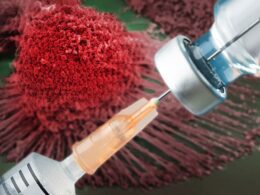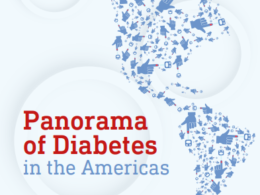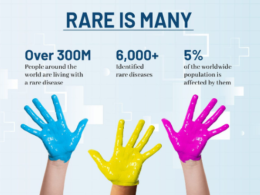An estimated 300,000 lung cancer deaths per year worldwide are caused by very fine pollutant particles
New techniques to prevent and treat tumours could be developed after researchers identify role played by inflammation
Financial Times
September 10, 2022
Site editor:
Joaquim Cardoso MSc.
health transformation — journal
September 20, 2022
An international team of scientists has made a breakthrough in identifying how air pollution causes lung cancer in people who have never smoked, …
… a development that could help medical experts prevent and treat tumours.
Researchers found the fine particles in polluted air cause inflammation in the lungs, which activates pre-existing cancer genes that had been dormant.
It was previously believed that air pollution triggered genetic mutations that lead to cancer.
Researchers found the fine particles in polluted air cause inflammation in the lungs, which activates pre-existing cancer genes that had been dormant.
It was previously believed that air pollution triggered genetic mutations that lead to cancer.
The findings, based on research led by the Francis Crick Institute in London and funded by Cancer Research UK, were released at the European Society for Medical Oncology Congress in Paris on Saturday.
As fewer people smoke, air pollution is emerging more clearly as a cause of tumours in the lungs.
An estimated 300,000 lung cancer deaths per year worldwide are caused by very fine pollutant particles with a diameter below 2.5 microns, known as PM2.5, which are emitted in vehicle exhaust and fossil fuel combustion.
An estimated 300,000 lung cancer deaths per year worldwide are caused by very fine pollutant particles with a diameter below 2.5 microns
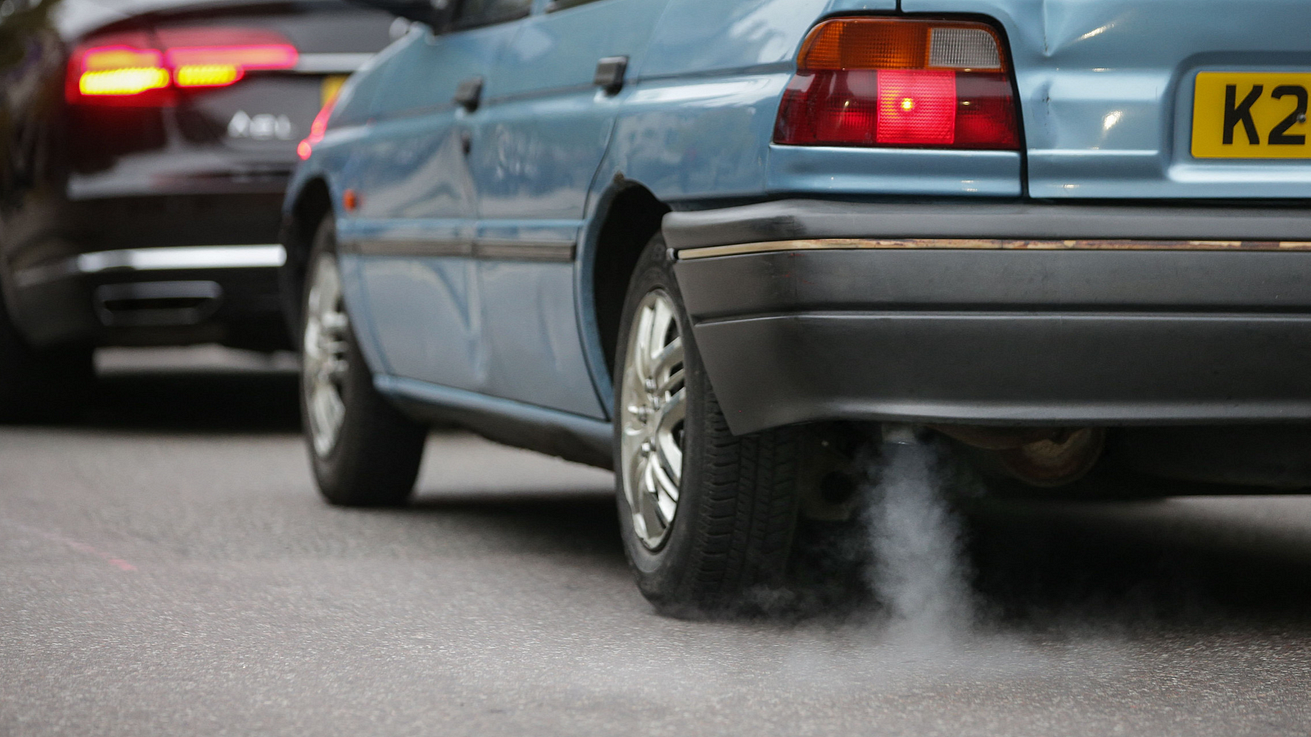
“Our study has fundamentally changed how we view lung cancer in people who have never smoked,” said project leader Charles Swanton.
“Cells with cancer-causing mutations accumulate naturally as we age, but they are normally inactive.
We’ve demonstrated that air pollution wakes these cells up in the lungs, encouraging them to grow and potentially form tumours.”
“Cells with cancer-causing mutations accumulate naturally as we age, but they are normally inactive.
We’ve demonstrated that air pollution wakes these cells up in the lungs, encouraging them to grow and potentially form tumours.”
The project is part of a £14mn Cancer Research UK programme to understand how lung cancer starts and progresses.
The scientists analysed data about PM2.5 exposure and lung cancer in 400,000 people from the UK, Taiwan and South Korean, and carried out laboratory experiments with mice, human cells and tissues.
The project is part of a £14mn Cancer Research UK programme to understand how lung cancer starts and progresses.
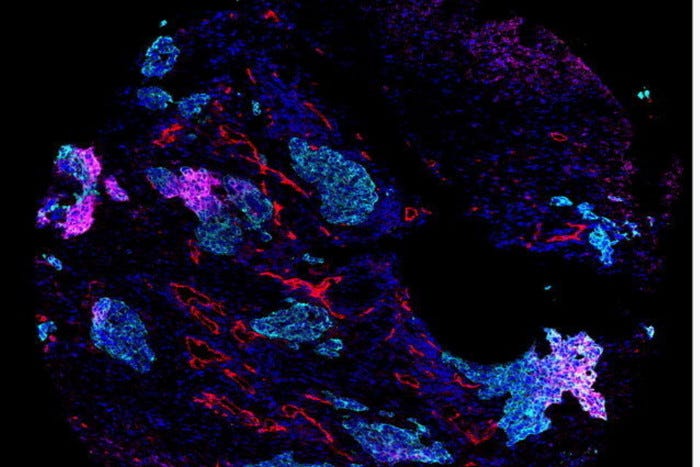
Two important environmental carcinogens, tobacco smoke and ultraviolet light, damage DNA and create mutations that generate tumours.
But the researchers found no evidence that PM2.5 particles directly mutate DNA, which prompted them to look for a different explanation.
They found that the particles caused inflammation, which activated pre-existing mutations in genes that drive the development of many lung cancers.
“The mechanism we’ve identified could ultimately help us to find better ways to prevent and treat lung cancer in never smokers,” said Swanton.
“The next step is to discover why some lung cells with mutations become cancerous when exposed to pollutants while others don’t.”
“The next step is to discover why some lung cells with mutations become cancerous when exposed to pollutants while others don’t.”
The findings may be applicable to other cancers associated with air pollution, including mesothelioma and tumours of the throat and mouth, …
… said Emilia Lim, another member of the Crick research team.
“ Ninety-nine per cent of the world’s population lives in areas which exceed annual World Health Organization limits for PM2.5, underlining the public health challenges posed by air pollution across the globe,” she added.
“ Ninety-nine per cent of the world’s population lives in areas which exceed annual World Health Organization limits for PM2.5, underlining the public health challenges posed by air pollution across the globe,
One way to counteract the harmful effect of air pollution may be to block a molecule called interleukin-1beta, which plays a key role in the inflammatory response to PM2.5. The team found that this approach worked in mice.
One way to counteract the harmful effect of air pollution may be to block a molecule called interleukin-1beta, which plays a key role in the inflammatory response to PM2.5. The team found that this approach worked in mice.
Tony Mok, professor of medical oncology at the Chinese University of Hong Kong, who was not involved in the study, said the research findings were “intriguing and exciting”.
“It means that we can ask whether, in the future, it will be possible to use lung scans to look for precancerous lesions in the lungs and try to reverse them with medicines,” he said.
He joined Swanton in emphasising the importance of reducing air pollution to lower the risk of disease.
…scientists … emphasize the importance of reducing air pollution to lower the risk of disease.
“We have known about the link between pollution and lung cancer for a long time, and we now have a possible explanation for it,” Mok said.
“As consumption of fossil fuels goes hand in hand with pollution and carbon emissions, we have a strong mandate for tackling these issues — for both environmental and health reasons.”
Originally published at https://www.ft.com on September 10, 2022.
Names mentioned
Francis Crick Institute in London and funded by Cancer Research UK
project leader Charles Swanton
Emilia Lim, another member of the Crick research team.
Tony Mok, professor of medical oncology at the Chinese University of Hong Kong, who did not participate in the study
RELATED ARTICLES








